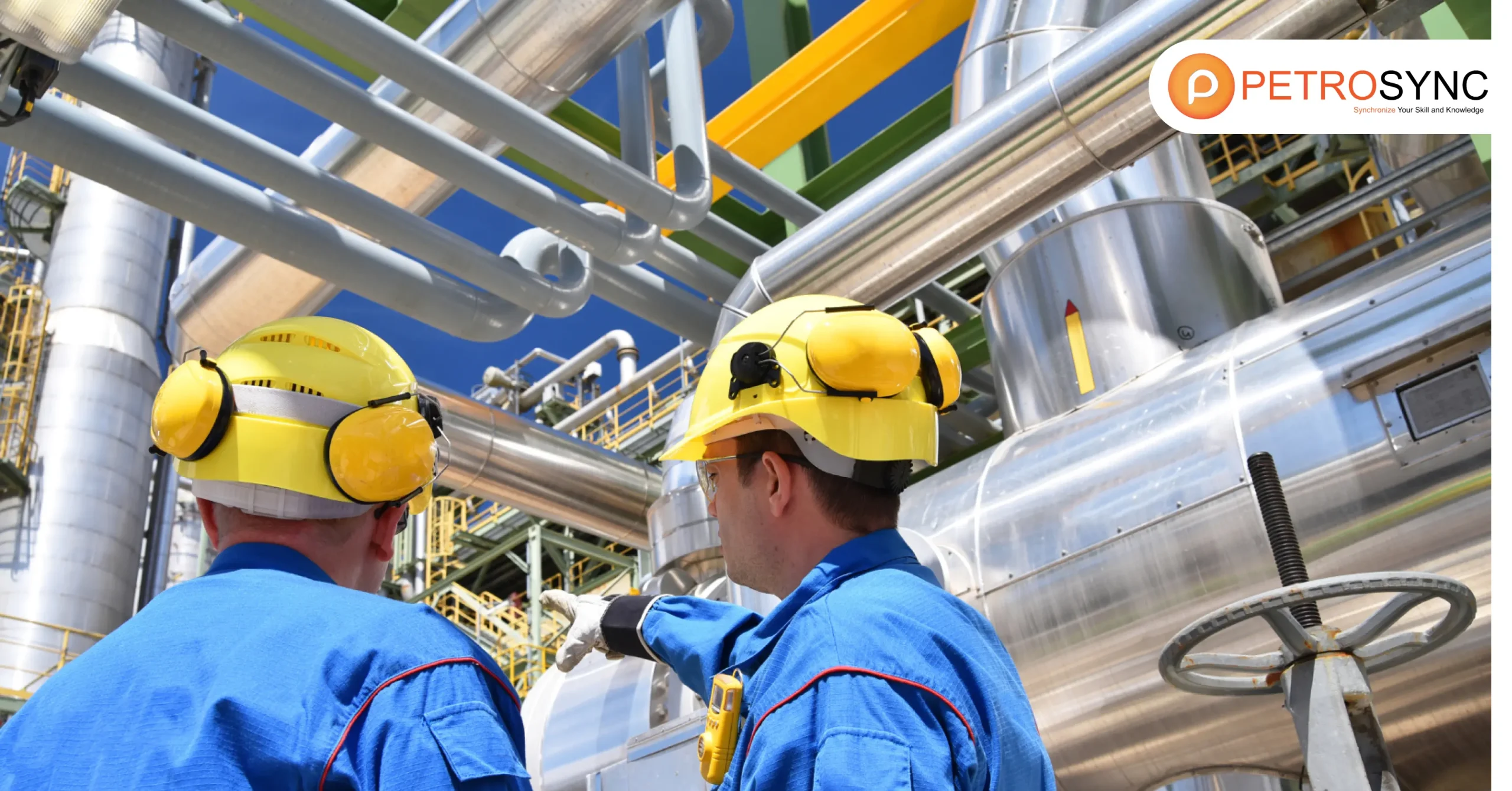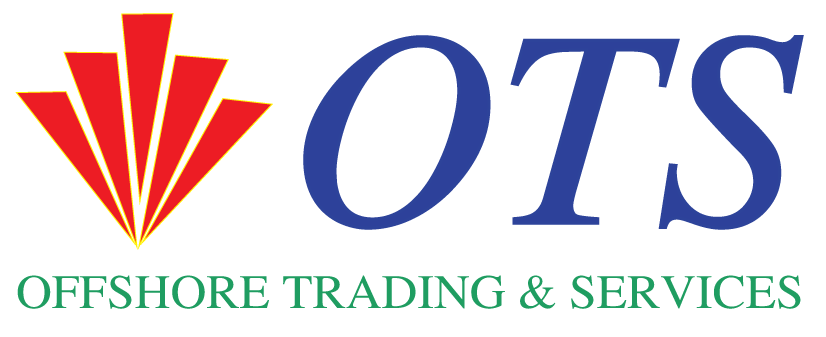
**Mastering API 653 Training: A Comprehensive Guide to Aboveground Storage Tank Inspection**
In the oil and gas industry, maintaining the integrity of aboveground storage tanks (ASTs) is crucial for ensuring both operational safety and environmental responsibility. The API 653 certification, developed by the American Petroleum Institute (API), serves as a benchmark for professionals involved in the inspection, repair, alteration, and reconstruction of ASTs. Here, we delve into the essential aspects of API 653 training and why it is a vital step in any storage tank engineer’s career.
## What Is API 653 Training?
API 653 training is a specialized course designed to equip professionals with the knowledge and skills required for inspecting, repairing, altering, and reconstructing ASTs. The training curriculum is structured around the API 653 Body of Knowledge, which outlines the key concepts and practices necessary for successful tank inspection and maintenance. By focusing on theoretical and practical aspects, API 653 training ensures that participants understand not only the theoretical foundation but also the practical application of tank inspection techniques.
### Key Areas Covered in API 653 Training
1. **Storage Tank Design Engineering (API 650)**
– Participants learn about the design principles and guidelines for constructing ASTs, emphasizing the importance of compliance with standard specifications.
2. **In-Service Inspection Techniques**
– The course covers detailed methods for inspecting ASTs in-service, including the application of API Recommended Practices (RP) 575 and RP 577. This section focuses on corrosion rates, joint efficiencies, and other critical inspection parameters.
3. **Damage Mechanisms (API 571)**
– Understanding damage mechanisms is fundamental to ensuring the safety and integrity of ASTs. This section delves into corrosion types such as atmospheric corrosion, caustic corrosion, and stress corrosion cracking.
4. **Cathodic Protection (API RP 651)**
– Cathodic protection is a critical method for preventing corrosion under insulation (CUI). Participants
